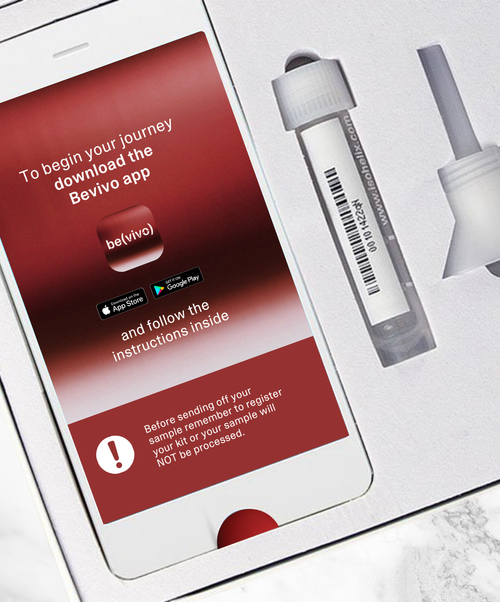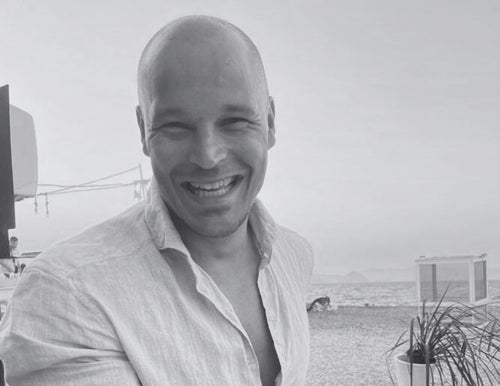🔥 BLACK FRIDAY: 60% OFF 🔥
Your cart is empty
In the journey of life, not all ages are created equal. While the candles on your birthday cake reflect your chronological age, it's your biological age that tells the deeper story of your health and vitality.
Biological age quantifies how your body has aged throughout your lifetime. It encompasses a mix of your genetic predispositions, lifestyle choices accumulated over time, and other influences including demographic factors, nutritional habits, and physical activity levels.


Chronological Age is straightforward - it measures the years you've lived since your birth. It's a fixed figure, marking the passage of time on calendars and documents. But it doesn't reflect the wear and tear of life, your genetic makeup, or how well you've cared for your body.
Biological Age, on the other hand, is a dynamic measure. It reflects how quickly your body is aging based on various biomarkers, such as telomere length, bone density, and cardiovascular health. This age can tell a vastly different story from your chronological age. For instance, a 50-year-old with excellent health habits might have the biological age of someone much younger, while poor lifestyle choices can accelerate your biological clock.


Understanding the distinction between these two concepts of age is crucial for several reasons:
By embracing the concept of biological age, we open up a world of possibilities in health optimization. It empowers us to take charge of our health and strive towards not just more years in life, but more life in those years. Whether through advanced diagnostics or simple lifestyle adjustments, understanding and influencing your biological age can be your gateway to a longer, healthier life.


Understanding your biological age is a crucial part of grasping your overall health profile. However, another critical element is monitoring your biological age over time. Since biological age can vary, observing how it evolves allows you to discern what positively or negatively affects your health.
Thanks to scientific progress, a straightforward saliva test can now effectively gauge your biological age, simplifying the process of assessing and monitoring your health. Being aware of your current biological age and recognizing which habits influence it can play a vital role in enhancing your overall well-being, alongside maintaining a healthy lifestyle. Ideally, you should aim for your biological age to be a number that you can celebrate, just as you do with your chronological age.


Our founder has lived with biological age as a benchmark for two years now. And with biological age as his overall wellness goal - he has been able to turn things around.
"For me, it's personal. As a soon to be dad, I want to optimize me health today, so that I can get the best out of my life. The healthspan is just as important as the term longevity"